In India, the production of tropical tasar silk remained next to mulberry silk for decades, constituting about 4 per cent of the total silk production. Here is an ever-increasing demand for tasar silk owing to its strength, luster and copper brown colour. The tasar silk production has stagnated and declined in the recent past though the demand is increasing. The important reasons for low production are attributed to traditional method of silkworm rearing on tall trees in natural habitat, which exposes the larvae to a number of predators, parasites and diseases apart from natural vagaries. The wild sericigenous insects like tasar silkworms have in due course of time came to stay as semi-domestic for the regular effort and interests that revolved round its economic utility. Age-old craft lived with the age-old practices linked with the culture and tradition of the aboriginals; has not allowed the industry to take a commercial shape and spread. However, due stress on the application
ABOUT THE AUTHOR Prafulla Kumar Mohanty
Dr. Prafulla Kumar Mohanty (b. 1958) earned in M.Sc. degree in Zoology from Utkal University in 1980. Immediately after M.Sc. he joined as a Lecturer in the Post-Graduate Department of Zoology, Utkal University in 1981. Subsequently he undertook M.Phil. degree in 1983 from same University and continued his research work on sericology for which Samalpur University conferred the Ph.D. degree to him. Dr. Mohanty is a popular science writer and he has published more than 170 popular science articles in various scientific magazines. For his popular scientific writing, Orissa Bigyan Prachar Samiti, Orissa has fecilitated in 1992 and also awarded Dr. Gopal Chandra Pattnaik memorial award in 1998. He is a member of several learned scientific societies. He is also a member of Academic Committee of the Council off Higher Secondary Education (CHSE), Bhubaneswar, Orissa. He is associated with the State Resource Centre for Adult Educatioin (SRC), Orissa, Orissa State Bureau of Textbook in contributing scripts for the organisation. He has written 7 books in English and recently three popular science books in regional language written by him have been published. Due to his contribution in the field of tropical wild sericulture, he was invited to the International Centre of Insect Physiology and Ecology (ICIPE), Nairobi, Kenya in 1999. On account of the academic excellence and distinguish standing in research, the Board of Governors of the New York Academy of Sciences, New York, USA has invited to the membership in the academy; International Biographical Centre, Cambridge, England offered ‘The Twentieth Century Award for Achievement’ and the American Biographical Institute has conferred the membership to the ‘Research Board of Advisors’ since 2001.

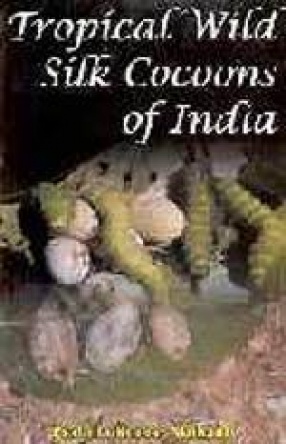
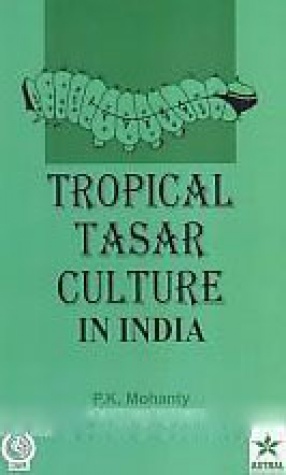
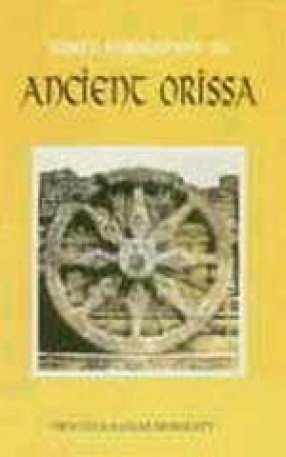
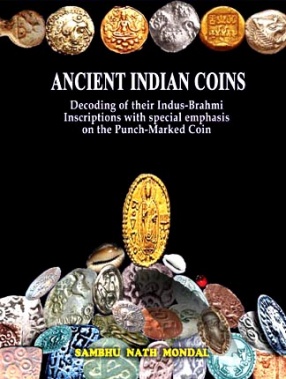
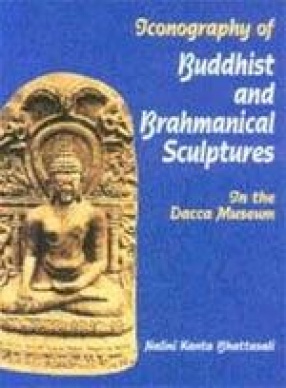

There are no reviews yet.